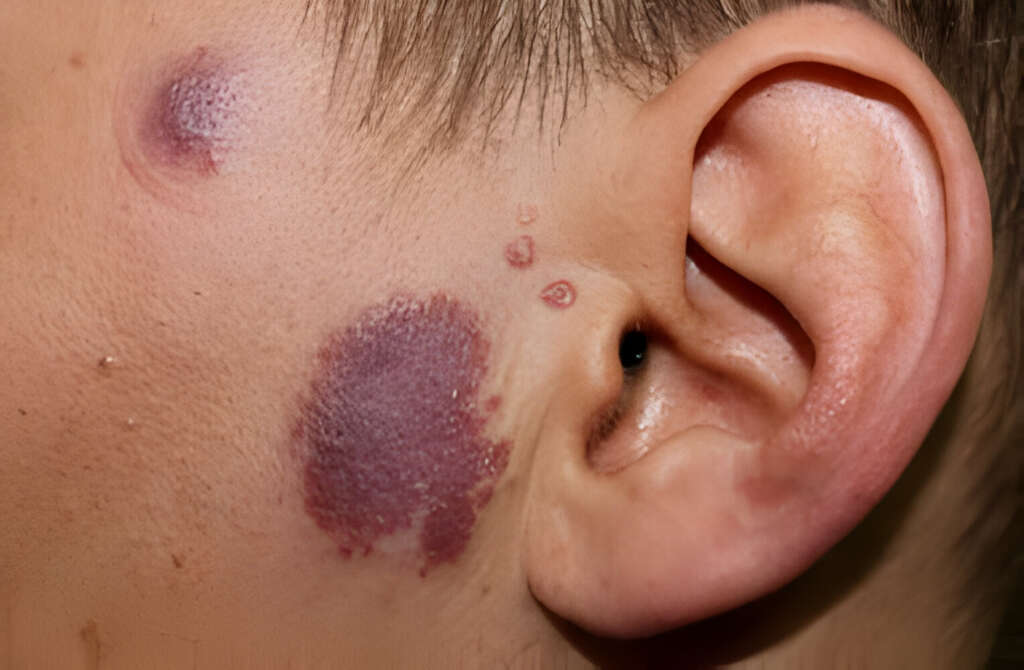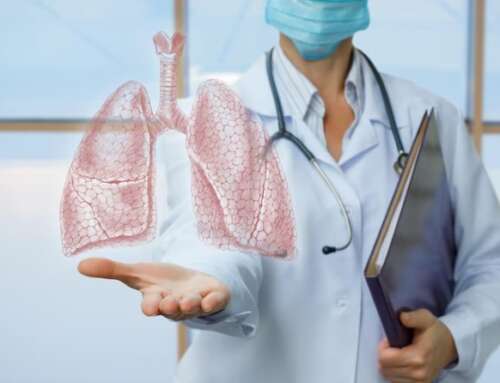
Sarcoidosis is a complex and dangerous condition that can affect various organs in the body, making it crucial to recognize its signs early on for timely intervention. In this blog, we will shed light on seven common symptoms of sarcoidosis, with a special focus on chest pain treatment and lymph node involvement. Understanding these indicators is essential for seeking appropriate treatment and managing the condition effectively.
- Persistent Cough:
Sarcoidosis often manifests with a persistent cough that may linger for weeks or months. This symptom is attributed to inflammation in the lungs, a common area affected by sarcoidosis. If you find yourself coughing regularly, it’s essential to consult a healthcare professional.
- Shortness of Breath:
Difficulty in breathing or shortness of breath is another hallmark of sarcoidosis, indicating potential lung involvement. If you notice an unexplained change in your breathing pattern, especially during physical activity, it’s crucial to seek medical attention promptly.
- Fatigue:
Chronic fatigue is a common symptom of sarcoidosis that can significantly impact daily life. Feeling excessively tired, even after adequate rest, may indicate the need for further evaluation.
- Chest Pain:
Chest pain is a concerning symptom associated with sarcoidosis. It can be caused by inflammation in the chest wall or the heart. Prompt medical assessment is necessary to determine the cause and initiate appropriate treatment for relief.
- Skin Lesions:
Sarcoidosis may manifest on the skin, presenting as red or purple bumps, rashes, or nodules. While skin lesions can vary in appearance, any unexplained skin changes should be brought to the attention of a healthcare professional.
- Enlarged Lymph Nodes:
Swollen or enlarged lymph nodes are a common occurrence in sarcoidosis, highlighting the body’s immune response. If you notice persistent swelling in your neck, armpits, or groin, it’s important to discuss this symptom with your healthcare provider.
- Eye Problems:
Sarcoidosis can affect the eyes, leading to symptoms such as redness, pain, or blurred vision. Ocular manifestations require prompt evaluation by an eye specialist to prevent complications.
Treatment for Sarcoidosis: Chest Pain and Lymph Nodes Focus
When it comes to treating sarcoidosis, addressing specific symptoms like chest pain and swollen lymph nodes is crucial. Chest pain management may involve anti-inflammatory medications or pain relievers. In serious conditions, corticosteroids may be recommended to reduce inflammation in the affected areas.
Similarly, treatment for enlarged lymph nodes in sarcoidosis may include medications to alleviate inflammation. In certain cases, surgical intervention might be contemplated to eliminate consistently enlarged nodes. A comprehensive treatment plan is tailored based on the individual’s symptoms and the extent of organ involvement.
Conclusion:
Detecting sarcoidosis early is crucial for effectively managing its symptoms. If you or a loved one is experiencing symptoms such as persistent cough, shortness of breath, fatigue, chest pain, skin lesions, enlarged lymph nodes, or eye problems, it’s imperative to consult with a healthcare professional.
At FLASS, we understand the challenges that individuals with sarcoidosis face. We are dedicated to providing support, resources, and innovative solutions to enhance the quality of life for those affected by this condition. Our commitment to promoting awareness and facilitating comprehensive care sets us apart in the journey towards wellness.
Remember, acknowledging symptoms and seeking timely medical attention are essential steps in managing sarcoidosis. Together, we can navigate the path to better health and well-being.


